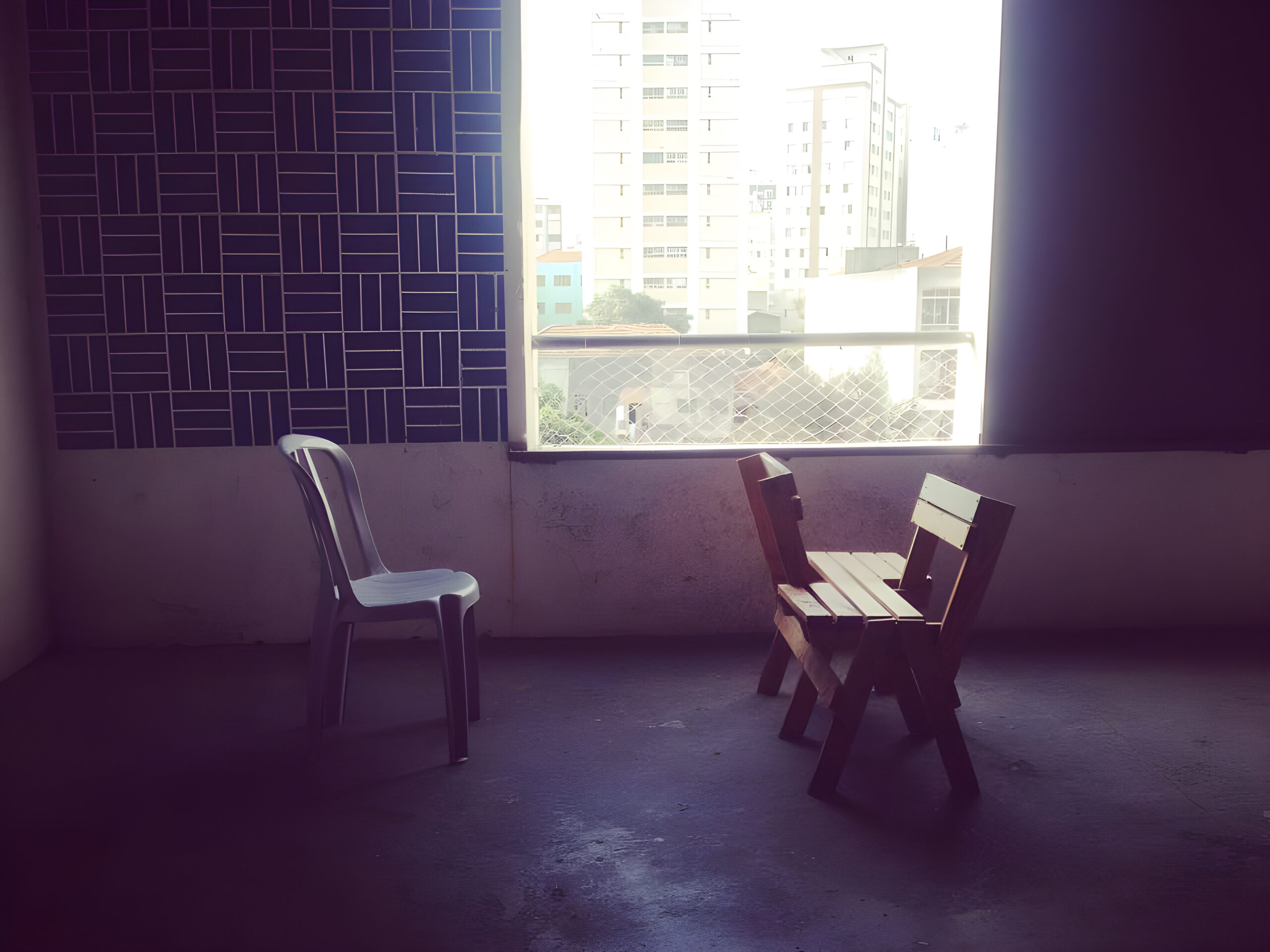Witnessing, remembering and giving testimony can be seen as political actions. They are also forms of working-through social and individual trauma. One strand of our project is dedicated to examining the place of free clinics among collective practices of societal witnessing and recognition, as well as to processes of public mourning. In order to think about such practices and the possibilities of repair forged through them, we will set off on a multi-sited ethnographic study across three cities in Latin America: Rio de Janeiro, São Paulo and Buenos Aires. Addressing the particularities of the dislocation of psychoanalysis to this region in the early twentieth-century, we will think about the contemporary reverberations of psychoanalytic collectives and practices of witnessing that have been dealing with traumas related to dictatorship in Brazil (1964-1985) and Argentinian Dirty Wars (1976-1983). Such practices, as our research investigates, are alive in current creative clinical efforts that engage with the urgencies of racial, class and other forms of inequalities in the clinic by proposing metamorphoses of Freud’s couch. The project will approach the free clinics as sites of rich forms of experimentation for engaging race and class both in the clinical encounter and in the institution. In the free clinics, some of the most consequential facets of a ‘postcolonial Freud’ become visible.
Connected terms: recognition, witnessing, epistemic injustice, testimonial justice, public mourning, collective trauma

